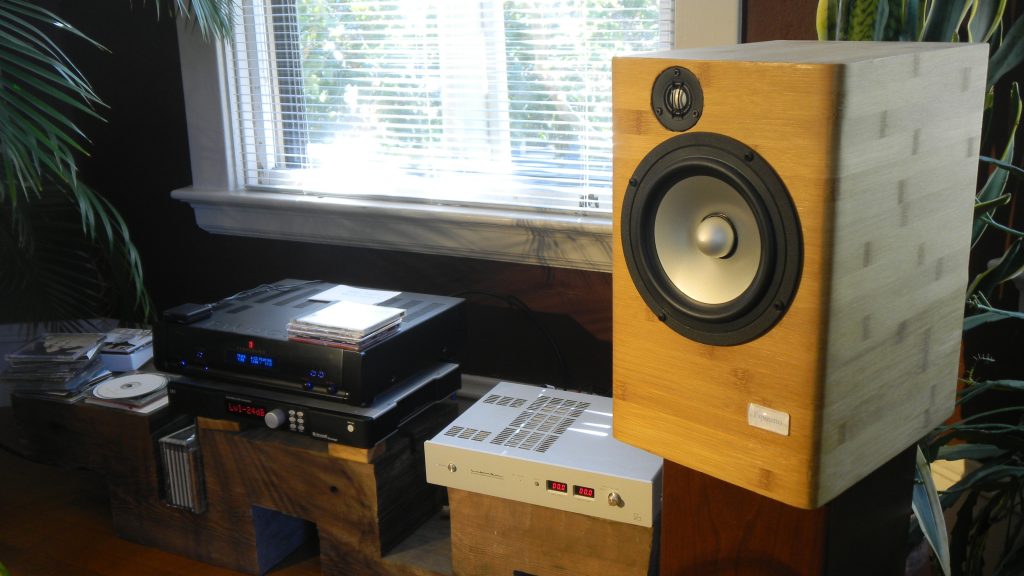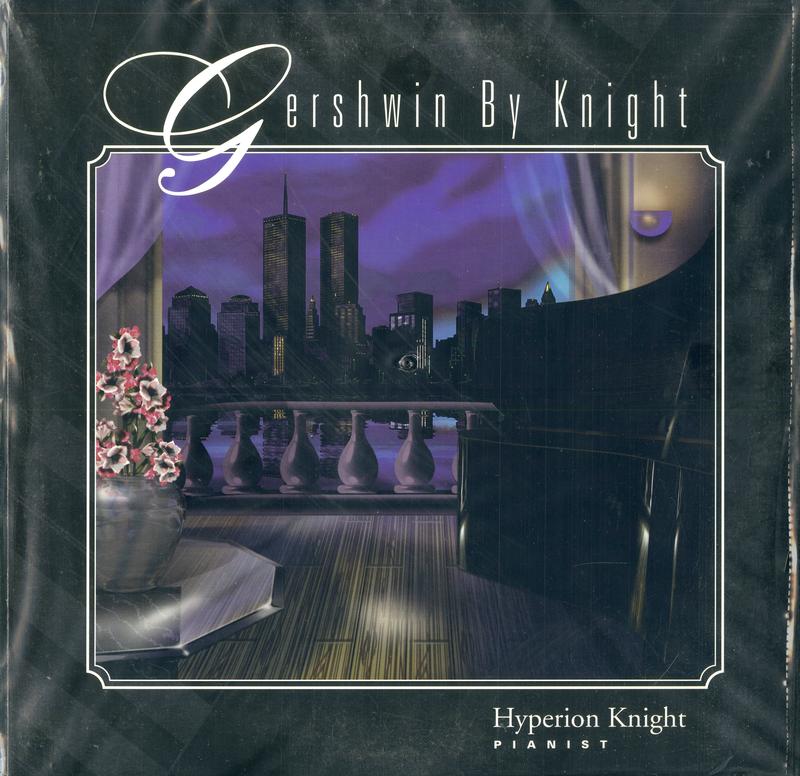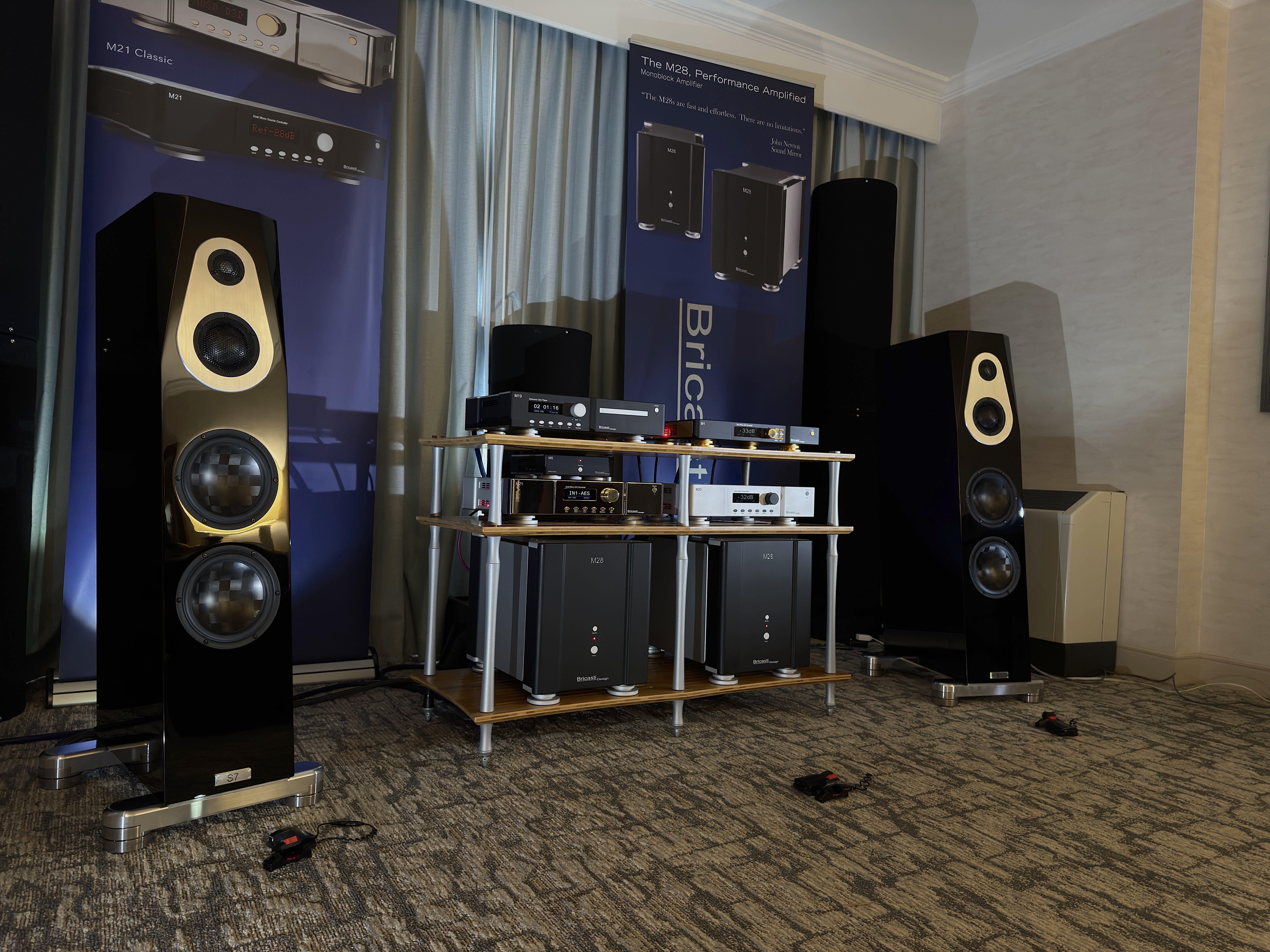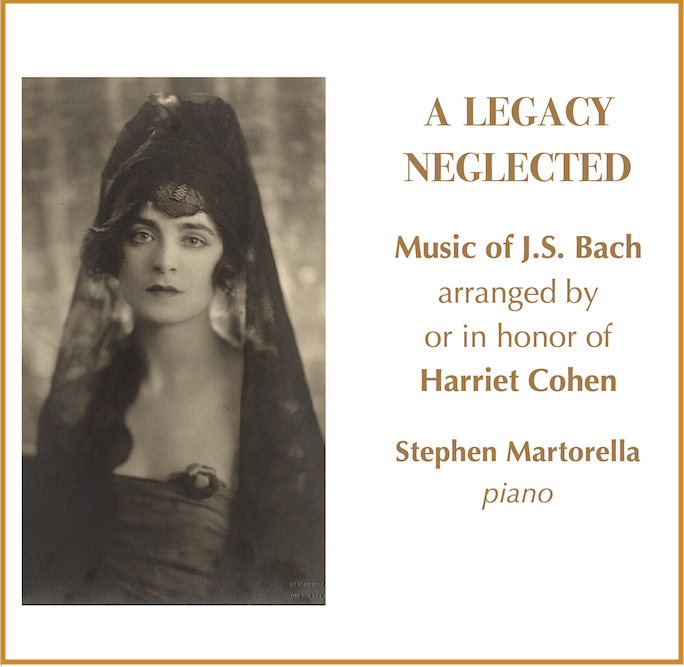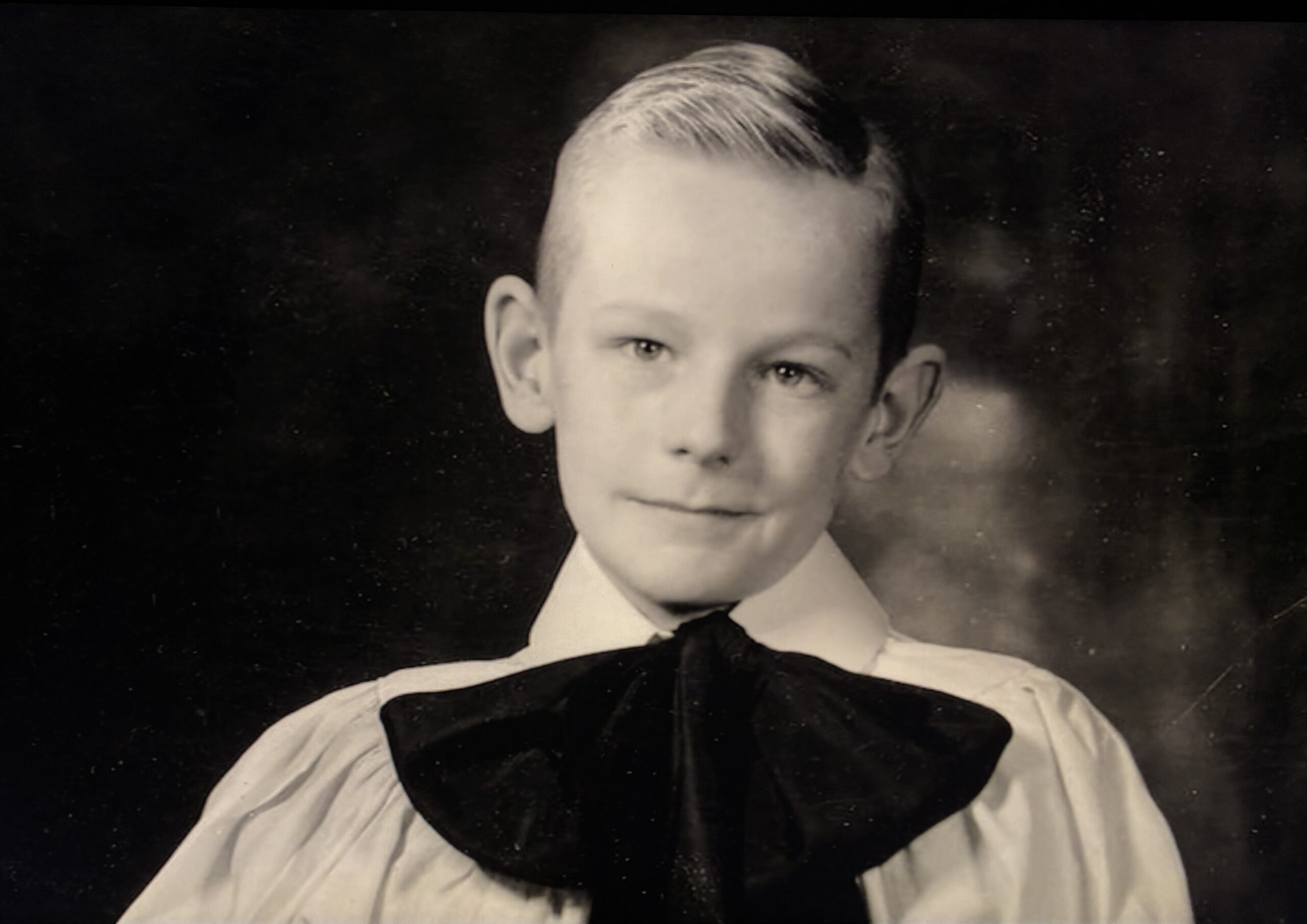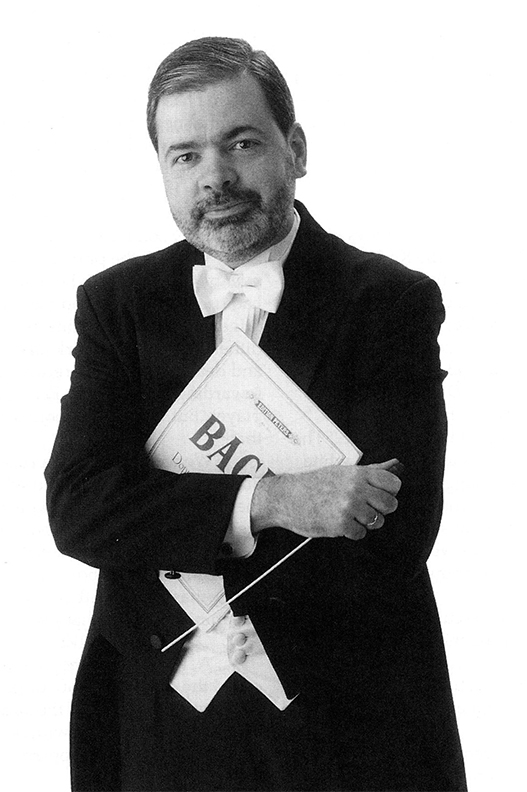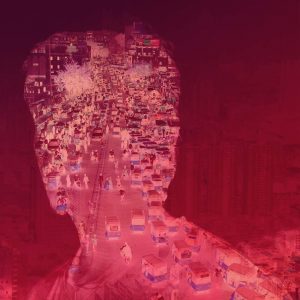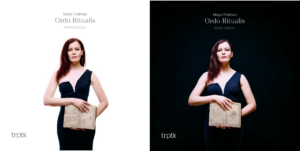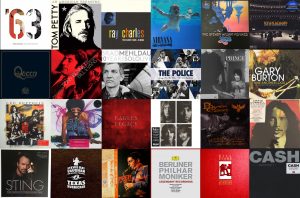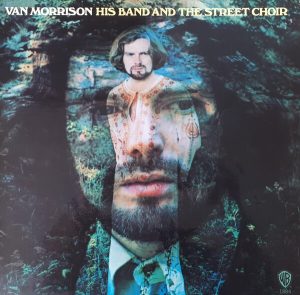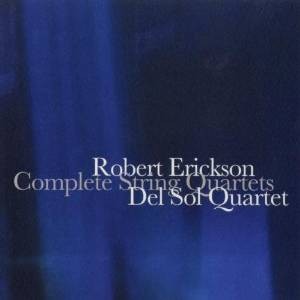Like my good friend John Marks, proprietor of The Tannhauser Gate, I am a profound lover of Bach. But I was unaware of Nicholas Bruhns, and the other choice tidbits of musical history that John so adroitly shares with us here. I envy him the ability to attend the Bard Festival, and take in such focused wonders of compositional genius.
But we can appreciate his reports from that realm....
Dr. David W. Robinson, Ye Olde Editor
Playing J.S. Bach in the Style of Nicholas Bruhns
My musically-astute friend and I had a wonderful time attending the lectures, discussion panels, recitals, and concert performances of this year's Bard Festival. Each year, the Bard Festival focuses on one composer; this year's model was Chopin. Of course, such a project also examines Chopin's milieu and his formative experiences, his personal life (I learned a lot about George Sand), and his musical influences and musical contemporaries. Next year's Festival is all about Rimsky-Korsakov and His World; it gets my highest recommendation for an in-depth, challenging, and rewarding cultural experience, all in a wonderful setting near the Hudson River.
Bard College, by the way, is where future rock band Steely Dan‘s co-founders Becker and Fagan met; I was bold enough to ask a Bard administrator where I could find the shrine to Steely Dan, and he smiled at me indulgently. By the way, a Bard-era, pre-Steely-Dan, Becker-and-Fagan group included future comedian Chevy Chase, on drums….
A personal high point was my musically-astute friend's and my sharing lunch with Raymond Erickson, Professor Emeritus of Music at Queens College and the Graduate Center of the City University of New York. Raymond said he had been working on a performance history of the final movement of Bach's D-minor Partita for solo violin. I previously posted a video of Hélène Grimaud's fiery performance of Busoni's reinvention of it. Professor Erickson, by the way, prefers the term "Ciaccona," which is how Bach styled the movement. Raymond told us he had compiled from contemporary accounts, for the years 1840 to 1930, circa 700 performances…. Wow.
I've had a love/despair relationship with Bach's violin-solo works from the time I first heard them; and, those who really can't play them at least can read about them! I dredged in my memory bank where slumbers information on pre-J.S. Bach polyphonic violin performance practice, and came up with the tidbit that there was a pre-existing tradition of church organists' demonstrating their multiple talents by playing and embellishing a tune on the violin, while seated at the organ bench, and playing an accompanying bass line on the organ pedals.
Seeing as I did the Artist and Repertory work for Arturo Delmoni's legendary–at least among audiophiles–recording of solo violin works by Ysaÿe, Kreisler, and Bach (and later issued the Bob Ludwig remastering of that project on JMR), I can also dredge up as pre-Bach polyphomic violin composers the names Baltzar, Matteis, Schmeltzer, Strungk, Biber, and Walther. After Biber, the most noteworthy pre-Bach exponent of polyphony involving solo violin was Nicholas Bruhn (1665-1697), a student of Buxtehude's. Bruhn's claim to fame was his ability to play the violin and the organ at the same time.
Sometimes he [Bruhns] took his violin up to the organ loft and played with such skill that it sounded like two, three or more instruments at once. Thus he would realise the upper parts on the violin while his feet played an appropriate bass on the pedals.
Johann Mattheson
So here we have a video of Ivan Dukhnych playing the Sinfonia from Bach's Cantata BWV 156, "I Stand With One Foot in the Grave" on a violin (using a Baroque bow), while playing a bass line on the organ pedals. Whew.
J.S. Bach was an acclaimed performer on the organ, the harpsichord, and the violin, so (despite the lack of evidence that he played the violin from the organ bench) I have no trouble accepting the notion that he might have from time to time carried forward this performance tradition. And in any event, I will continue to believe that the more "organ-like" polyphonic episodes in his solo-violin works were an affectionate nod in that direction.
The Haliciana Schola Cantorum seems an admirable enterprise; please give them at least moral support by using social media to make your friends aware of this blog post. And: Well done, Ivan!




